My 2023 in books
What I read
Via Goodreads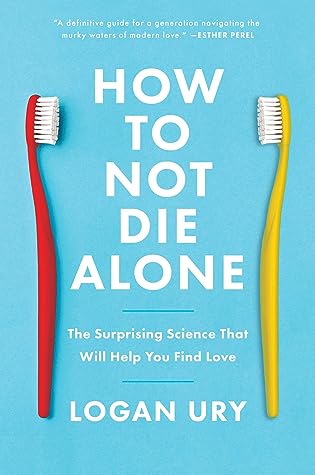
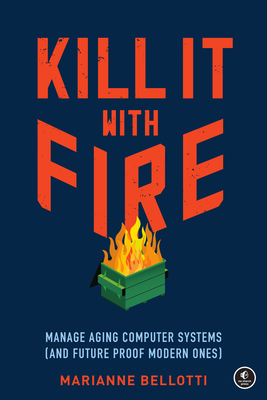
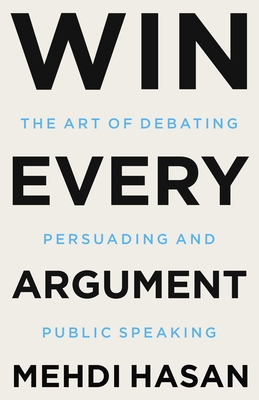
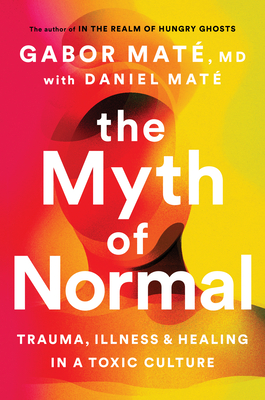
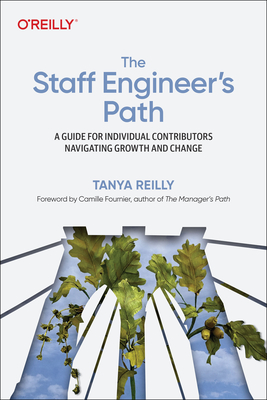
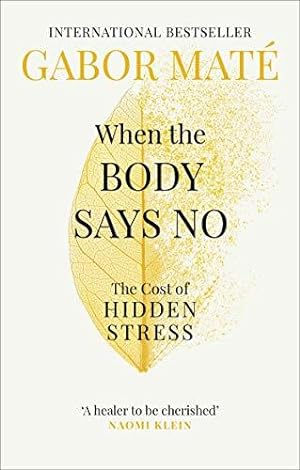
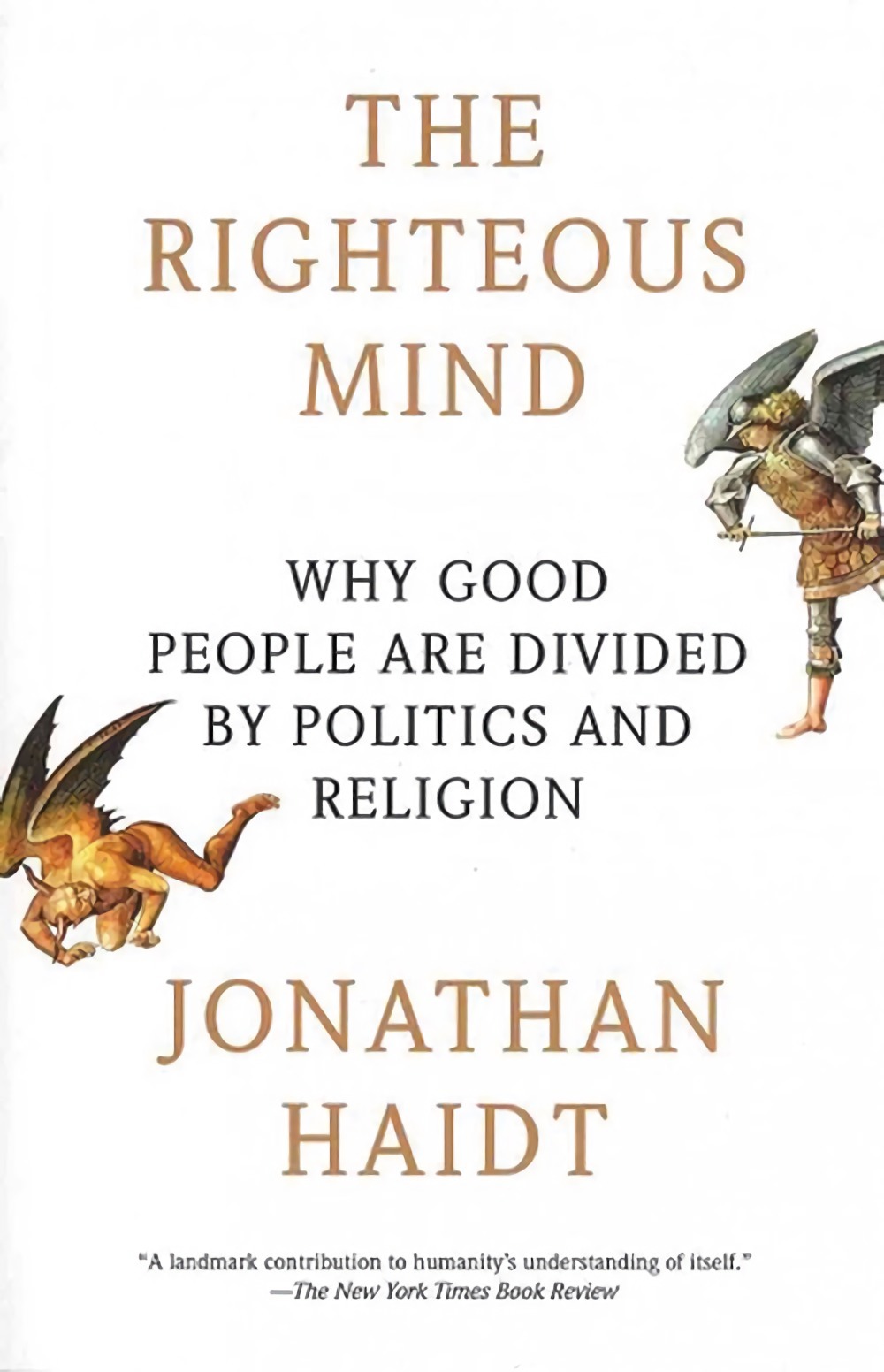
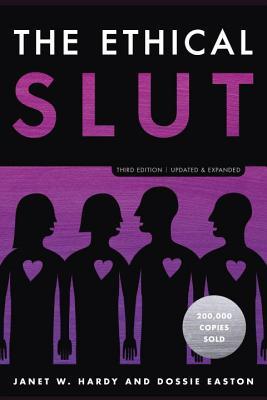
When I was a child, I read a lot of books. I won (twice) a certificate from the mayor when I was 12 because I was one of the top readers from the only city library. Ironically, I also won a soccer ball from my school for the same reason.
Since learning programming, I have slowly decreased the number of books I read, but I am pretty happy with my books this year. My favourite topics these days are engineering, relationships, and psychology.
Earlier this year I posted about The Myth of Normal and after finishing this one I moved to When the Body Says No: The Cost of Hidden Stress. This book is already 20 years old, and we still don't see much of the concept of the body as a holistic organism, as Gabor Maté covers in the book.
How to Not Die Alone was an interesting read for me. I didn't know Logan Ury until seeing her in The Diary of a CEO and her interview convinced me to get the book
The book mixes a bit of behaviour science with dating and relationships, covering different stages of a person's life, from where/how to meet people to how to break up/marry someone.
Win Every Argument: The Art of Debating, Persuading, and Public Speaking focuses a lot on formal debates, using several examples from the British Parliament and American politicians. That said, the book is still helpful for anyone who wants to improve their communication skills or understand better how Ad Hominem works or how Trump dominates media and opponents in debates. Sidenote: This review on Goodreads has a good summary of the book.
The Righteous Mind: Why Good People Are Divided by Politics and Religion is my most recent read. Jonathan Haidt has several books about psychology and a very good newsletter covering, between many other topics, the impact of social media in teenagers.
Haidt shares research on how moral views are based on six factors (Care/Harm, Liberty/Oppression, Fairness/Cheating, Loyalty/Betrayal, Authority/Subversion, Sanctity/Degradation) and how people with different political views (liberal, conservative, libertarian, etc) have different weights for each factor. Using Americans as an example, he shows that liberals focus more on the first three moral factors while conservatives draw from all six. This book helps us understand how people vote based on their morals and not their interests, which is something that Democrats (or left-leaning people in general) don't understand, and that is why they are often surprised by the results of elections.
